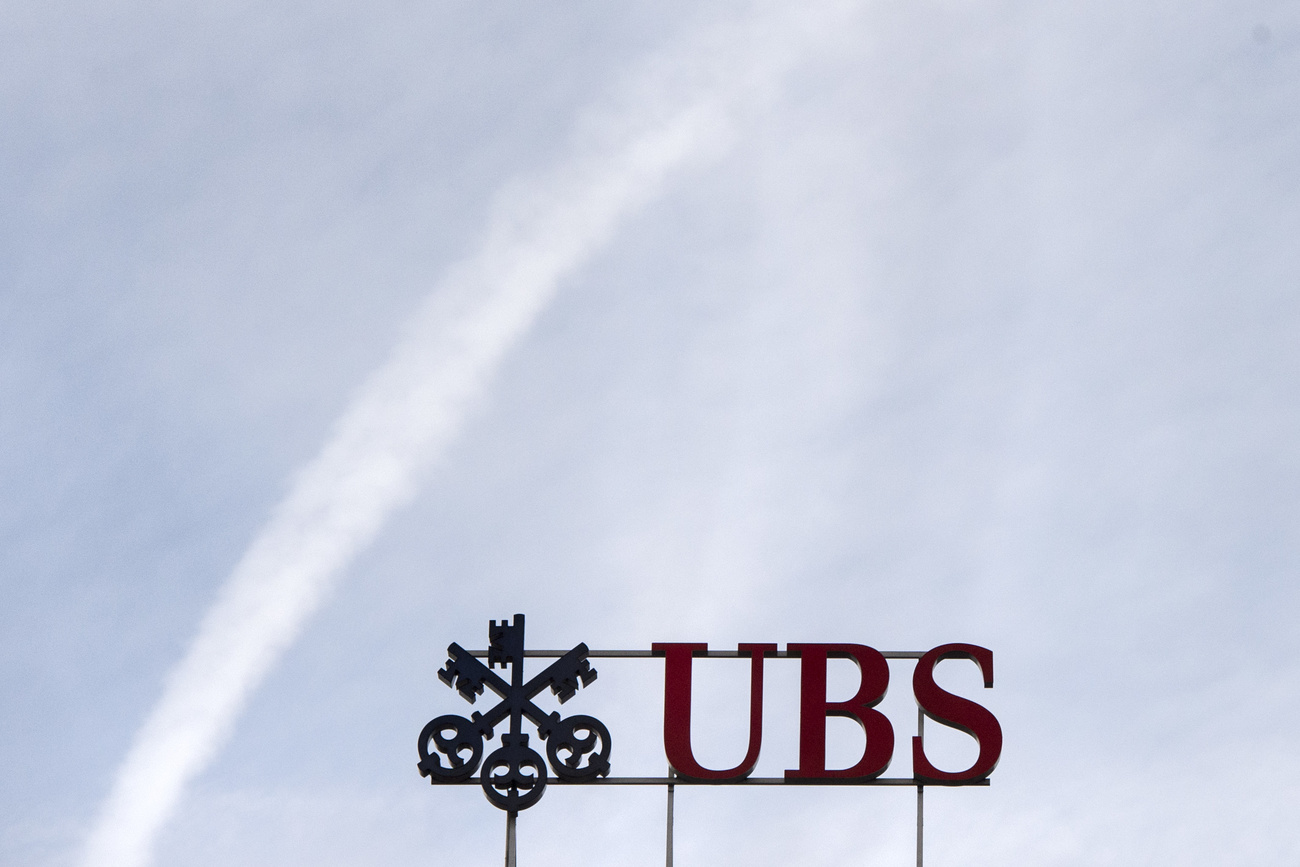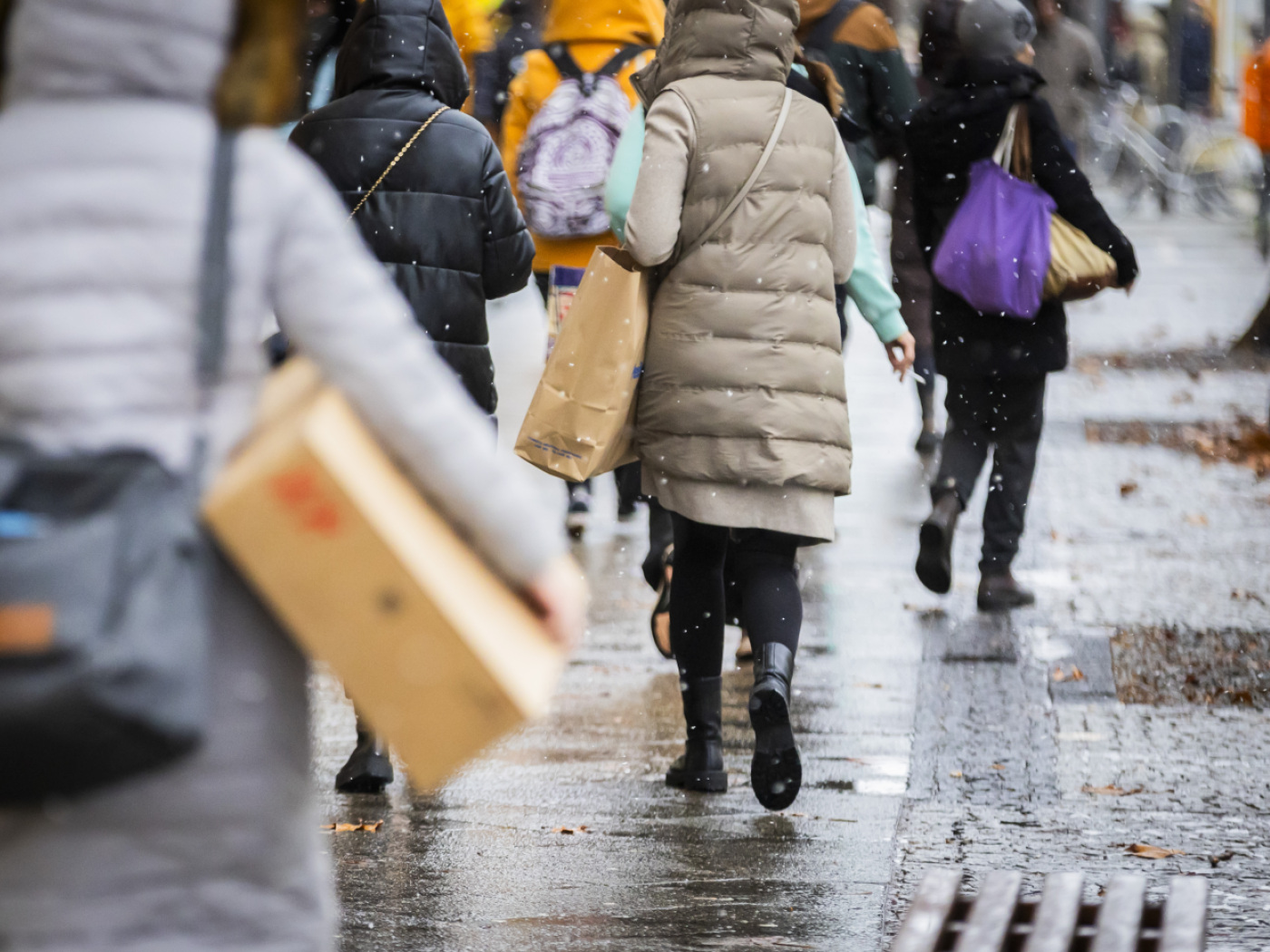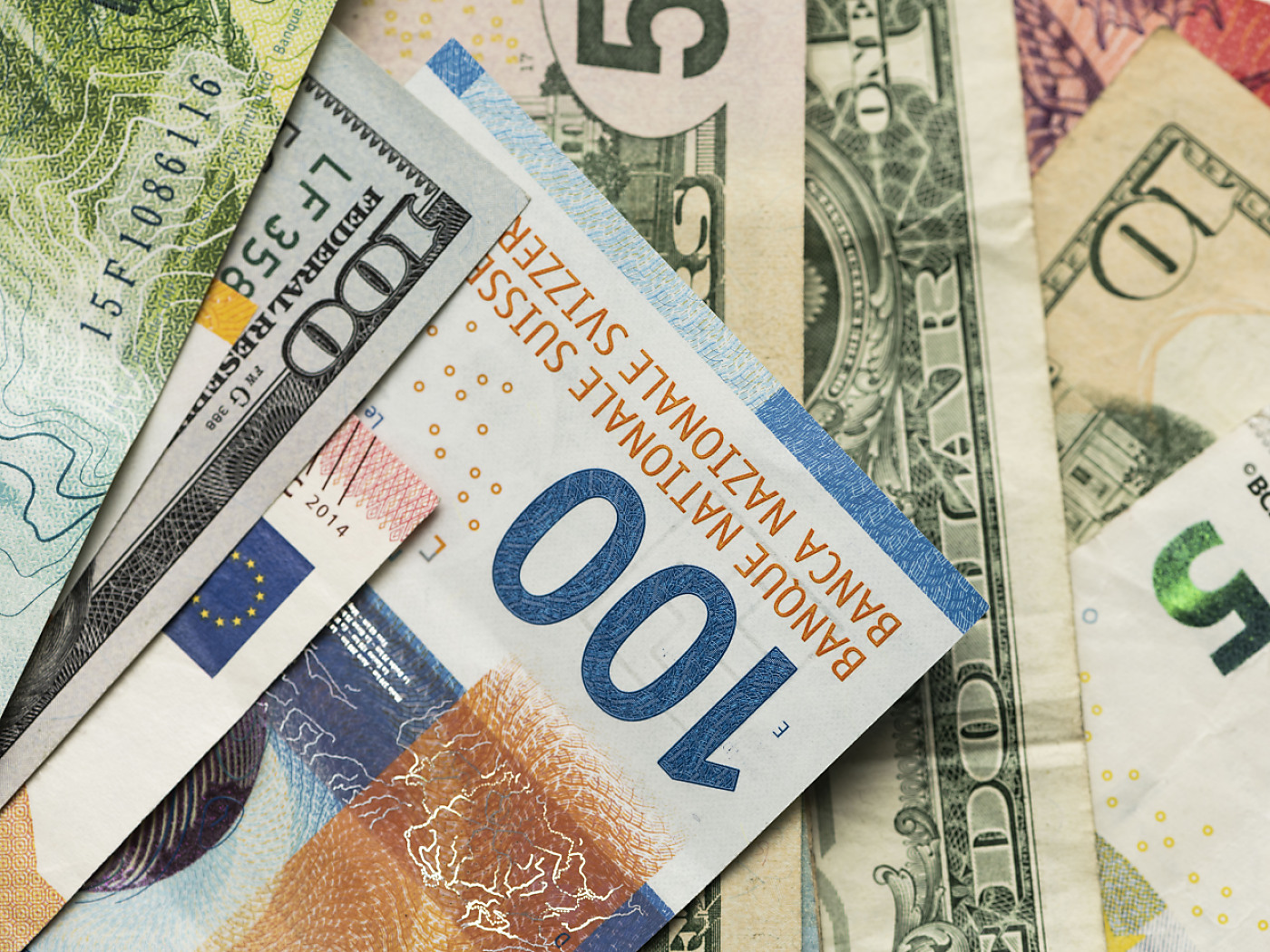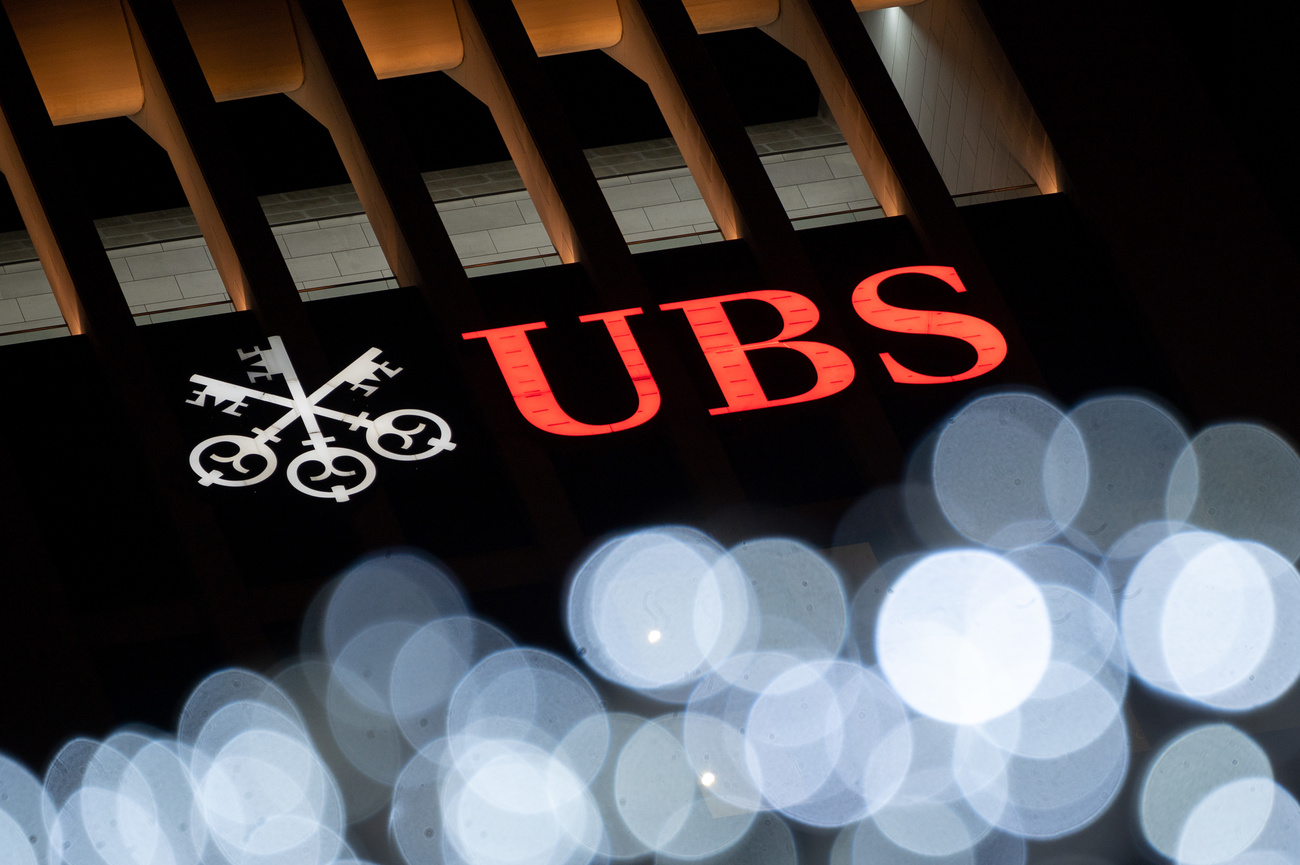UBS secures partial victory in French tax evasion appeal

The UBS tax evasion dispute in France continues to drag on. Switzerland’s largest bank was successful in its appeal before the highest court.
Now the process is being reopened – with an uncertain outcome.
The Court of Cassation in Paris partially overturned the lower court’s ruling on Wednesday, as can be seen from the ruling published on Wednesday by the highest court in France, which is available to the AWP news agency. The revision affects all provisions regarding penalties and civil law interests. However, the Court of Cassation upheld the fundamental ruling.
+ What’s at stake for UBS in the French tax evasion case
In December 2021, the French appeal court also found UBS guilty in the second instance of illegally soliciting rich French taxpayers between 2004 and 2012. The judgment said that UBS tried to persuade customers to open undeclared accounts in Switzerland.
The court ordered UBS to pay a total of around €1.8 billion (CHF1.7 billion). This includes a fine of €3.75 million, the confiscation of €1 billion and a civil damages payment of €800 million.
With regard to the penalties, Wednesday’s ruling states that they will be collected so that UBS’s situation can be subjected to an overall assessment. With regard to the claim for damages, it is said that the lower court did not adequately justify the amount.
However, the Court of Cassation upheld the fundamental ruling of the lower court: UBS did not have any business licenses in the EU in general and in France in particular. Therefore, the bank violated French law with its activities.
With the decision of the highest court in France to send the judgment back to the lower court, the deadlock in the legal dispute, which has already been going on for around ten years, continues. The French authorities have been investigating the matter since 2013.
In February 2019, UBS was sentenced for the first time by the Paris criminal court to pay a hefty payment totaling €4.5 billion for illicit financial transactions and aiding and abetting money laundering. In front of the “Cour d’appel” in Paris, the fines were significantly lower in 2021. But UBS also appealed against this ruling.
At the end of September there was already a hearing before the Court of Cassation. However, the highest court does not fundamentally reassess cases, but only whether there were formal errors. Had the Court of Cassation rejected UBS’s complaint on Wednesday, the bank would also have lost the final instance in France. But now there is a new procedure.
+ Read about UBS’s CHF5 billion gamble
In a new process, the cards are theoretically completely reshuffled. The appeal court has no obligation to give a more lenient sentence in the second round. But according to the experience of experts, this is often the case.
However, today’s decision also means that this legal matter will remain in limbo for much longer. Some market analysts had already expressed the opinion after the verdict in December 2021 that it would have been better to accept the verdict and shelve the case.
However, if UBS had accepted the verdict, it would also have accepted the guilty verdict. The institute would have admitted to helping criminals with money laundering, which also poses risks for further global business. The bank denies any criminal wrongdoing.
Lawyer Patrice Spinosi, who is defending UBS in France, described the case at the hearing in September as extraordinary. This was the first time in Europe that a Swiss bank had been convicted for managing client assets “in accordance with banking secrecy”.
UBS has set aside €1.1 billion. There is therefore a risk of high additional loss if the appeal court comes to a stricter verdict in the appeal process.
Of the other open, major legal disputes, UBS had recently brought three (RMBS, Archegos, Mozambique) to an end – the latter two inherited from Credit Suisse.
This news story has been written and carefully fact-checked by an external editorial team. At SWI swissinfo.ch we select the most relevant news for an international audience and use automatic translation tools such as DeepL to translate it into English. Providing you with automatically translated news gives us the time to write more in-depth articles. You can find them here.
If you want to know more about how we work, have a look here, and if you have feedback on this news story please write to english@swissinfo.ch.

In compliance with the JTI standards
More: SWI swissinfo.ch certified by the Journalism Trust Initiative























You can find an overview of ongoing debates with our journalists here . Please join us!
If you want to start a conversation about a topic raised in this article or want to report factual errors, email us at english@swissinfo.ch.